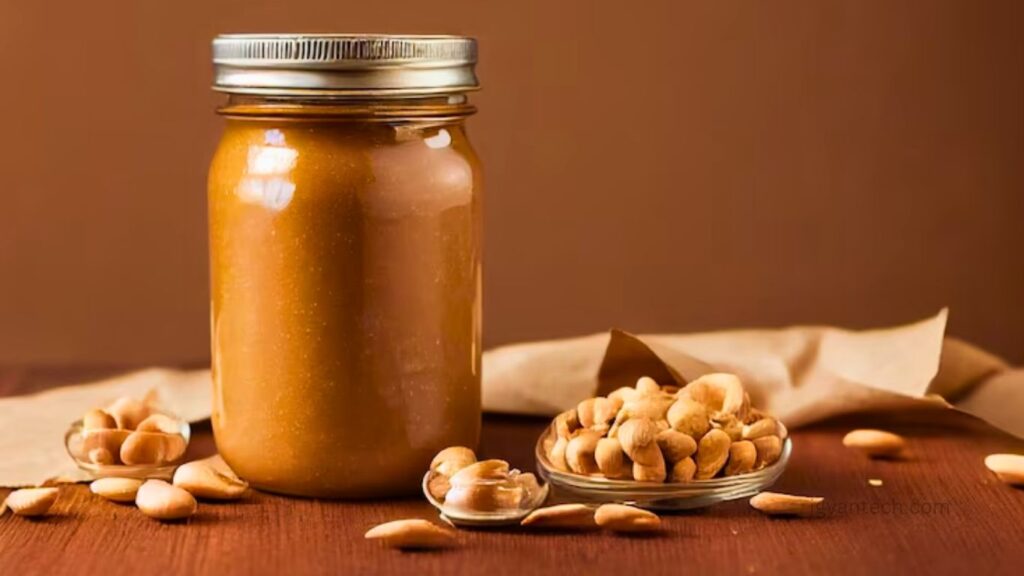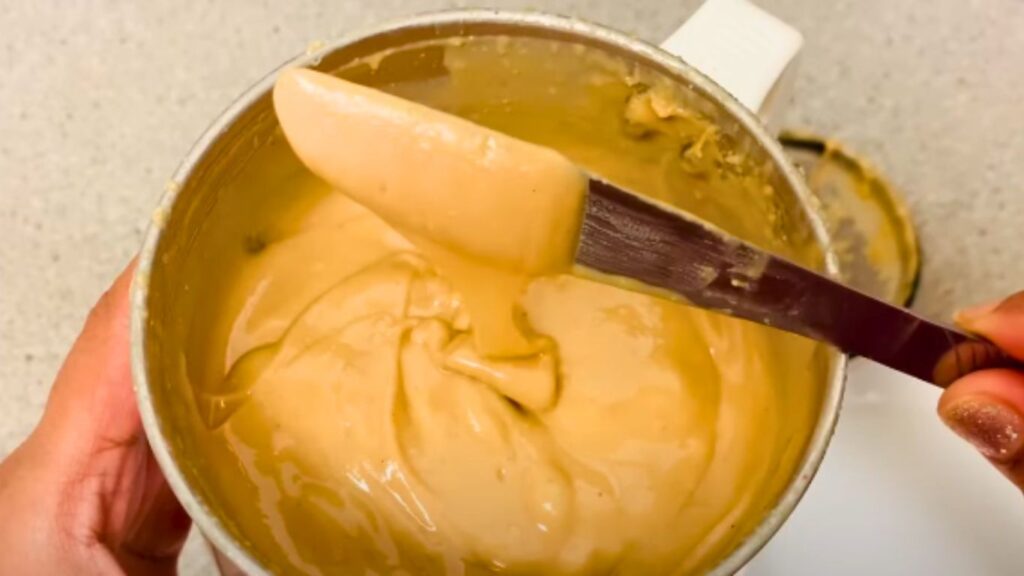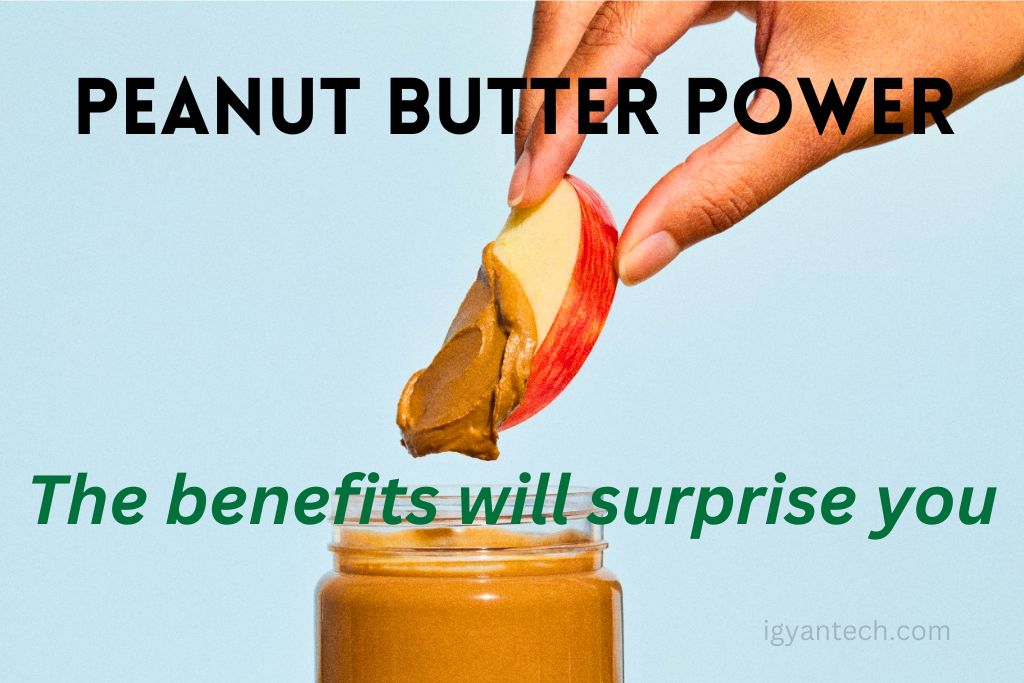Peanut Butter Power: 5 Reasons to Add It to Your Diet
Peanut butter isn’t just a tasty spread; it’s a nutritional powerhouse that can benefit everyone. Here are five compelling reasons to include peanut butter in your daily diet:
- Energy Boost: Packed with healthy fats and proteins, peanut butter provides a quick and sustained energy boost, keeping you active throughout the day.
- Rich in Nutrients: It’s not just about taste! Peanut butter is loaded with essential nutrients like vitamins, minerals, and antioxidants that support overall health and well-being.
- Heart Health: The monounsaturated and polyunsaturated fats in peanut butter can help lower bad cholesterol, reducing the risk of heart disease.
- Weight Management: Contrary to common belief, moderate consumption of peanut butter can aid in weight management. Its satiating effect helps control cravings, preventing overeating.
- Muscle Building: With a good dose of protein, peanut butter supports muscle repair and growth, making it an excellent addition for those engaged in physical activities or workouts.
Incorporating peanut butter into your diet is a simple and delicious way to enhance your nutritional intake. Whether spread on toast, mixed into smoothies, or enjoyed with fruits, this versatile food can benefit people of all ages and lifestyles. So, go ahead, scoop up some peanut butter and savor the health benefits it brings to your plate!
What’s Inside the Jar?
It’s a nutritious blend of simple ingredients. Let’s take a peek inside the jar to discover what makes this creamy delight:
- Peanuts: The star of the show! Peanut butter is primarily made from ground roasted peanuts. These legumes are rich in healthy fats, proteins, and various essential nutrients.
- Oil: To achieve that smooth consistency, a bit of oil is added. Commonly, it’s peanut oil, but some brands may use other vegetable oils. This addition enhances the spreadability of the peanut butter.
- Sweeteners: For the sweet tooth in us, sugar or other sweeteners might be included. Opt for natural peanut butter if you prefer a version without added sugars.
- Salt: A pinch of salt is often added to enhance flavor. Be mindful of your salt intake, especially if you’re watching your sodium levels.
- Emulsifiers: These are substances that keep the peanut butter from separating, giving it a consistent texture. Look for natural emulsifiers like lecithin on the ingredient list.

Peanut Butter’s Impact on Gut Health
Gut health is a hot topic, influencing our overall well-being. Peanut butter, a breakfast favorite, is more than just a protein source—it’s packed with vitamins, magnesium, iron, and selenium, promoting good gut health with its fiber content.
Balancing good and not-so-good bacteria is crucial for gut health. Studies show that even a small daily amount of peanuts can boost bacteria linked to a healthy liver and immune function (As per a 2020 research in the British Journal of Nutrition).
Peanut butter’s prebiotic ingredients, like polyphenols, may also positively impact mood and cognition (As per a 2023 research in the Journal of Functional Foods). However, not all peanut butters are created equal—some contain additives and sugars that diminish health benefits.
While peanut butter offers nutritional value, moderation is key due to its calorie density. Stick to two tablespoons a day to avoid potential digestive issues like bloating or constipation. If you have acid reflux, it’s wise to consult with a doctor before adding peanut butter to your diet.
Enjoy peanut butter in various ways—on toast, in smoothies, or even in salads. Look for brands with minimal ingredients, like peanuts and a touch of salt, for a healthier choice.
Is all the peanut butter in the grocery store good?
Not all grocery store peanut butters are equal. Some may contain unhealthy additives like sugar, molasses, and vegetable oils, minimizing health benefits. Choose brands with fewer ingredients, ideally just peanuts and a moderate amount of salt, for a healthier option.
Can I make peanut butter at home?
Certainly, homemade peanut butter is achievable with just peanuts and a food processor or blender.
How to easily make peanut butter at home?
Homemade Peanut Butter Recipe:
Ingredients:
- Peanuts
- Optional: Salt or sweeteners
Equipment:
- Food processor or blender
Steps:
- Add roasted peanuts to the food processor or blender.
- Blend until a smooth consistency is reached.
- Add a pinch of salt or sweeteners if desired.
- Continue blending until well mixed.
- If too thick, add a bit of oil; blend again.
- Transfer to a jar and refrigerate.


